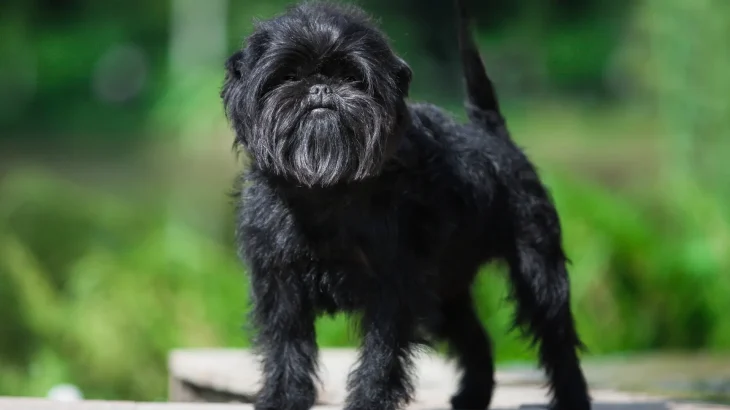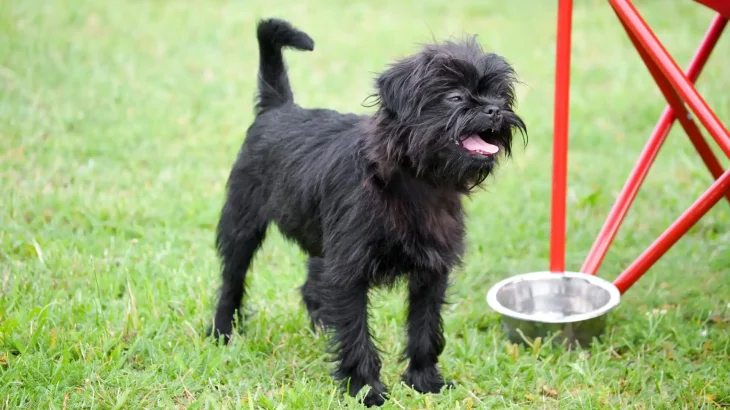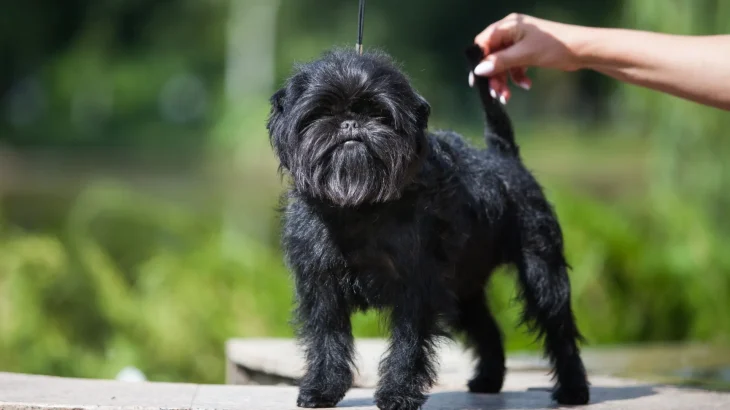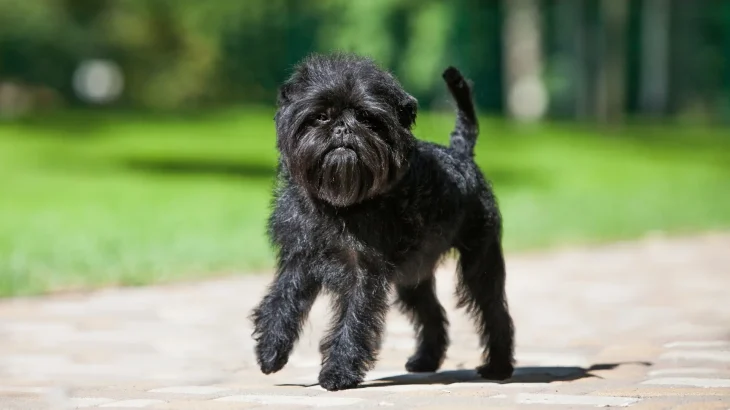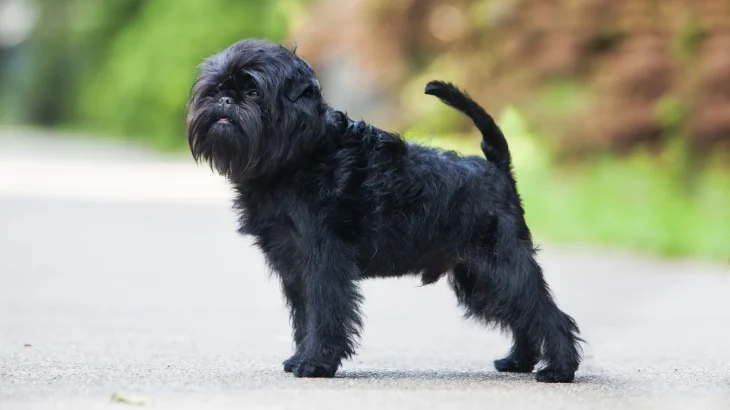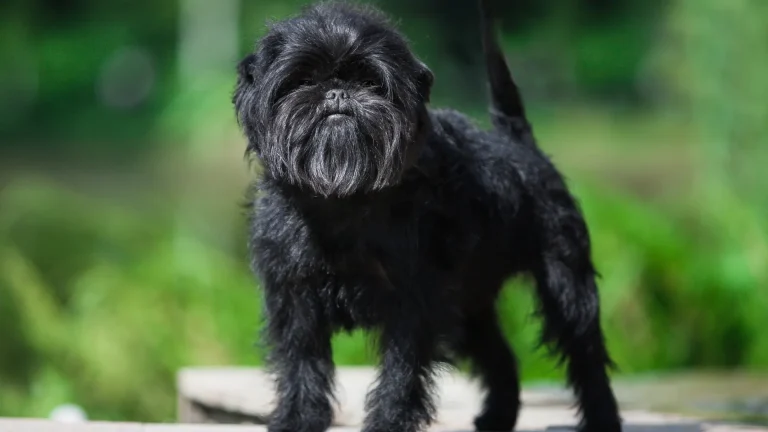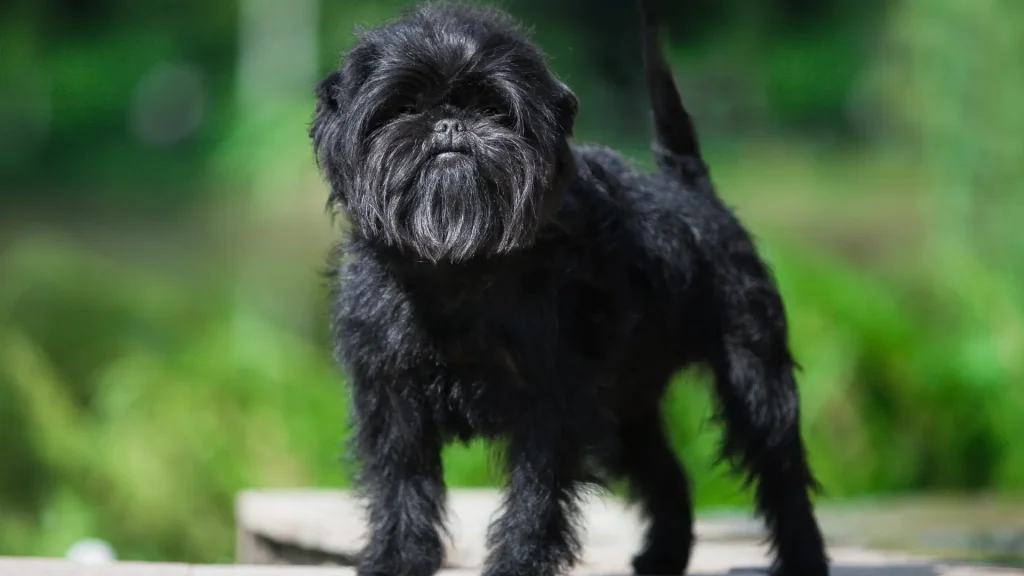When deciding whether to welcome an Affenpinscher puppy into your home, you might wonder if adopting or buying from a breeder is the better route. Purchasing usually offers insight into the puppy's lineage and health, while adoption can be a rewarding way to provide a loving home to a dog in need. Each choice comes with its own set of benefits and considerations depending on your priorities.
Adoption vs. Breeder: Pros & Cons
| Criteria | Buying from Breeder | Adopting from Shelter/Rescue |
|---|---|---|
| Cost | Higher upfront cost typical for Affenpinscher puppies due to breed rarity and demand. | Usually lower adoption fees that often include basic vet care, making it budget-friendly. |
| Health History | Breeders can provide detailed health and genetic screening to reduce hereditary risks. | Health history might be limited or unknown; shelters do medical checks but long-term history may be unclear. |
| Age Availability | Primarily young puppies, allowing shaping of early development. | Dogs of all ages, some may be trained or socialized already. |
| Temperament Insight | Breeders often know lineage traits and can guide your choice based on family needs. | Shelter staff may share observations, but full behavioral history isn't always available. |
| Supporting Practices | Supports responsible breeding when choosing reputable breeders following ethical standards. | Supports animal welfare by rescuing dogs and reducing shelter populations. |
| Ethical Considerations | Important to ensure breeder does not contribute to puppy mills or unethical breeding. | Adoption helps combat puppy mill problems and promotes rescue efforts. |

